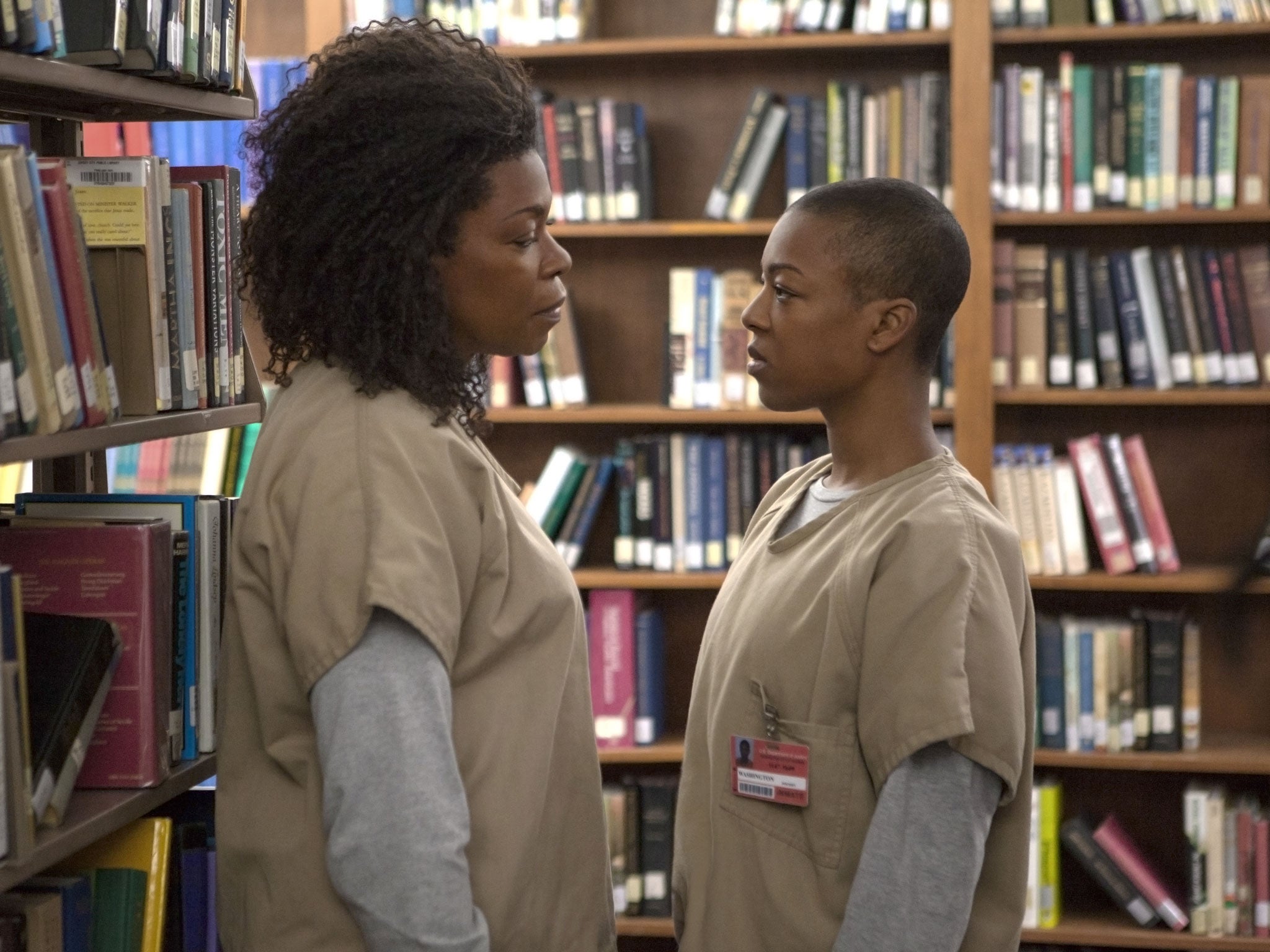Netflix doesn't deny VPN crackdown, says workarounds for international content were always banned
Users of video streaming service were outraged yesterday after company appeared to crack down on tools that allow for the streaming of content from other countries

Your support helps us to tell the story
From reproductive rights to climate change to Big Tech, The Independent is on the ground when the story is developing. Whether it's investigating the financials of Elon Musk's pro-Trump PAC or producing our latest documentary, 'The A Word', which shines a light on the American women fighting for reproductive rights, we know how important it is to parse out the facts from the messaging.
At such a critical moment in US history, we need reporters on the ground. Your donation allows us to keep sending journalists to speak to both sides of the story.
The Independent is trusted by Americans across the entire political spectrum. And unlike many other quality news outlets, we choose not to lock Americans out of our reporting and analysis with paywalls. We believe quality journalism should be available to everyone, paid for by those who can afford it.
Your support makes all the difference.Netflix’s terms have always blocked tools that allowed customers from other countries to watch films and TV programmes from other countries, a spokesperson said yesterday, as the company was reported to have blocked the use of such technology.
Users said yesterday that Netflix should expect lots of cancellations after the company cracked down on users that circumvented geolocation restrictions, apparently under pressure from movie studios to uphold licensing rules.
But such rules and preventative measures have always been in place, a spokesperson told The Independent.
"Virtually crossing borders to use Netflix is a violation of our terms of use because of content licensing restrictions," said Joris Evers, in corporate communications at Netflix. Those terms have not recently changed, and the company has long banned the use of such technologies.
"We employ industry standard measures to prevent this kind of use," Evers said. That is the same kind of technology that is used by traditional broadcasters to stop the viewing of video outside of licensed locations — such as those used by the BBC to stop their coverage of the Olympic Games being watched outside of the UK.
Read more: Best VPNs
Join our commenting forum
Join thought-provoking conversations, follow other Independent readers and see their replies
Comments